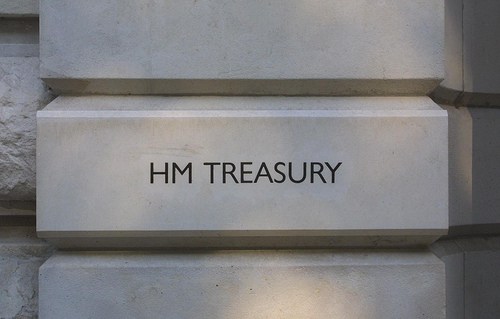
Nil-rate bands continue to be frozen, currently until 2030, despite rising property prices.
Inheritance tax receipts for the period April 2024 to March 2025 were £8.2bn, a rise of £0.8bn compared to the same period last year and a new record.
Nil-rate bands continue to be frozen, currently until 2030, despite rising property prices.
Shaun Moore, tax and Financial Planning expert at Quilter, said he expects IHT receipts to continue to rise following restrictions on Agricultural Property Relief and Business Relief from April 2026.
Unused pensions will also fall within the scope of IHT from 2027, a factor experts expect to cause a further surge in IHT receipts.
Mr Moore said: “IHT has long since been a deeply unpopular tax, and its reputation is unlikely to improve any time soon. What was once viewed as a tax on only the wealthiest of families has spread to middle income families, many of which may not even realise they are affected.
“Tax bills are becoming increasingly difficult to mitigate and this will only worsen as the freeze on the various thresholds continues and as policy changes set in.”
Laura Hayward, tax partner at professional services firm S&W, said her firm was seeing increasing numbers of clients concerned about IHT.
She said: "We are having increased conversations with clients who want to know what they can do to mitigate against the IHT changes before they are introduced.
“The big change is that from April 2027, pensions fall into estates for IHT purposes. If this pushes estates above £2 million, it can take someone from having a low IHT tax exposure to a high one. This is because the taper for the residence nil rate band kicks in for estates over £2 million, which means taxpayers face the double whammy of IHT on their pensions while also losing some or all their residence nil rate band.”
She added that clients were particularly looking at how they can most effectively make gifts to family members or invest tax-efficiently to help reduce or eliminate IHT bills.
Ian Dyall, head of estate planning at wealth manager and Financial Planner Evelyn Partners, said that the Government may implement further IHT reforms.
He said: “Extended financial market turmoil and a possible recession could hit tax revenues and borrowing costs for the Government, in which case Treasury minds will wander towards further areas that can be tapped to shore up the public finances. So the Chancellor might not be done with IHT reform quite yet.”
Capital Gains tax (CGT) receipts also continued to climb following the Chancellor increasing the basic rate from 10% to 18%, and the higher rate from 20% to 24%, in the latest Budget.
CGT receipts hit £399m in March, an increase year-on-year. However the 2024/25 tax year total was £13bn, lower than the previous year’s £14.5bn, indicating that people may be thinking twice before realising gains.
{loadmoduleid 442)